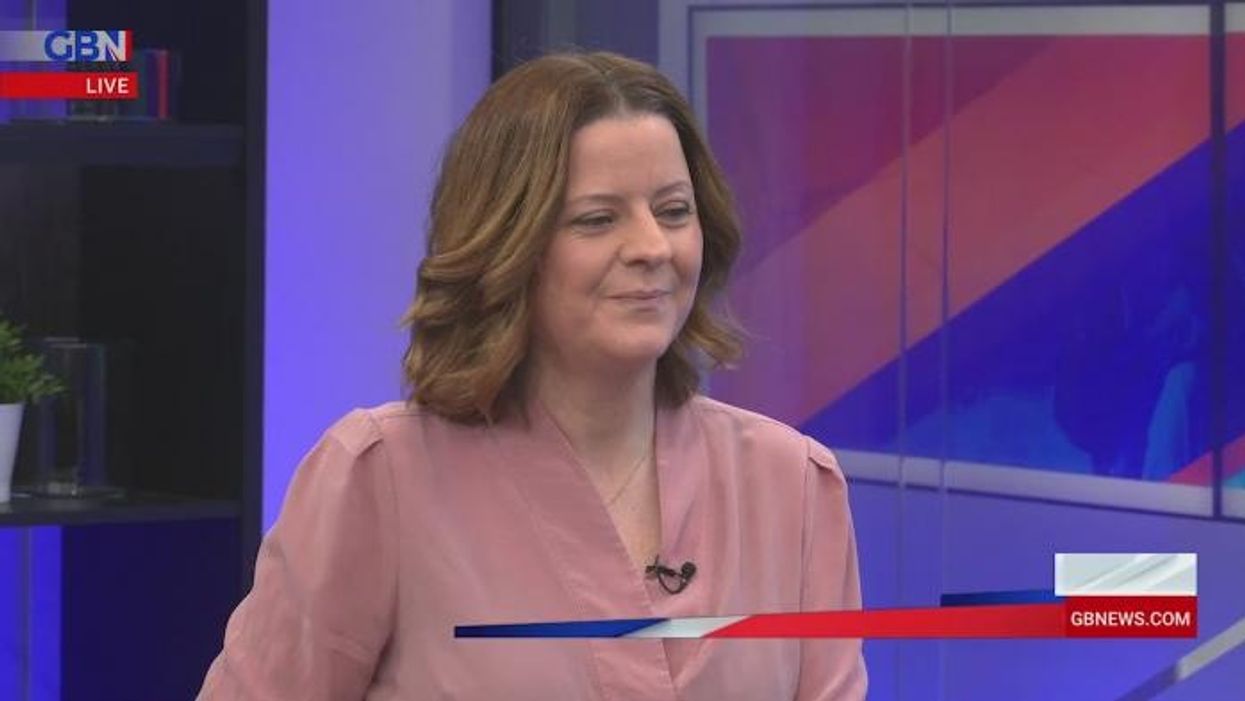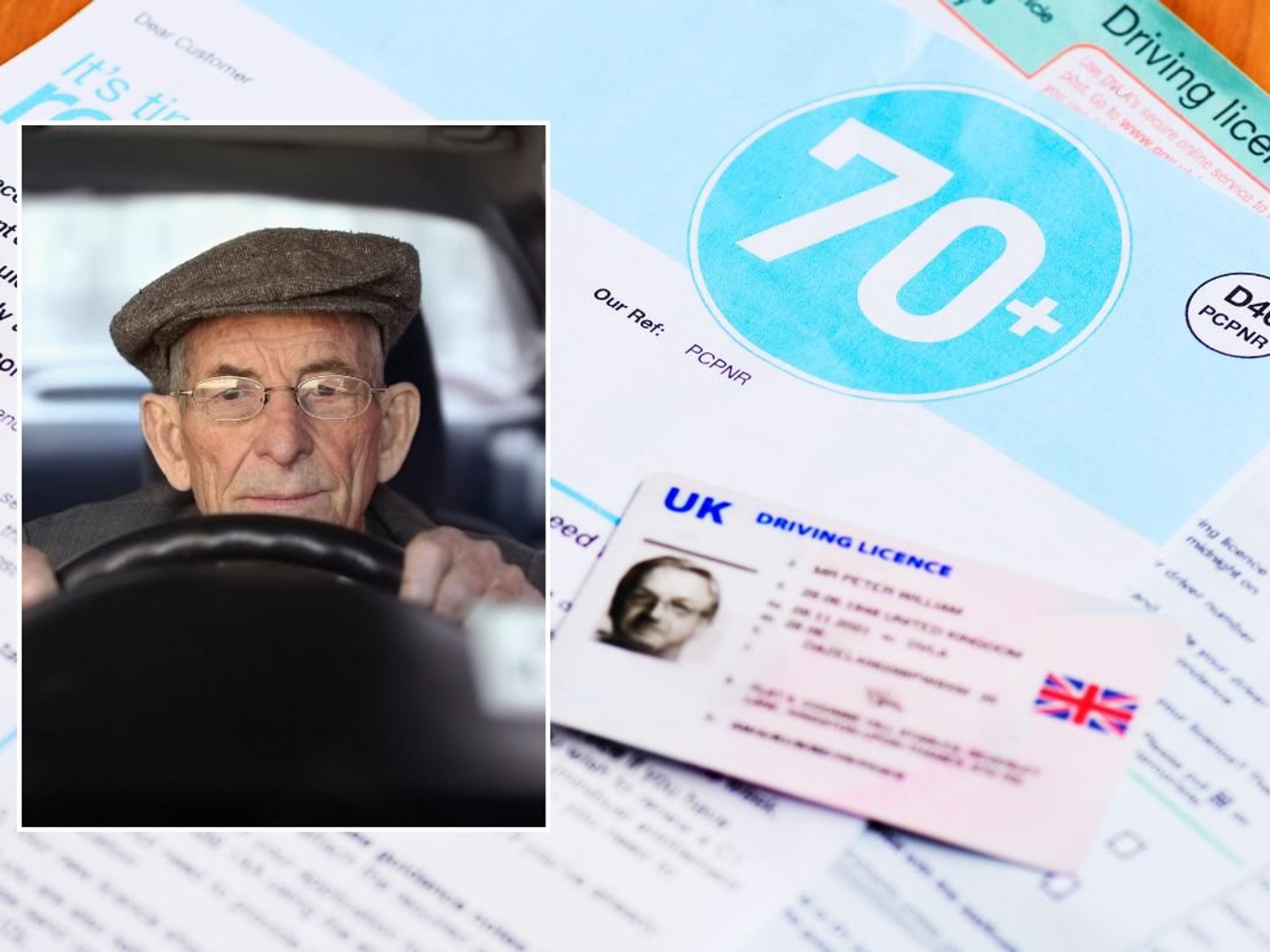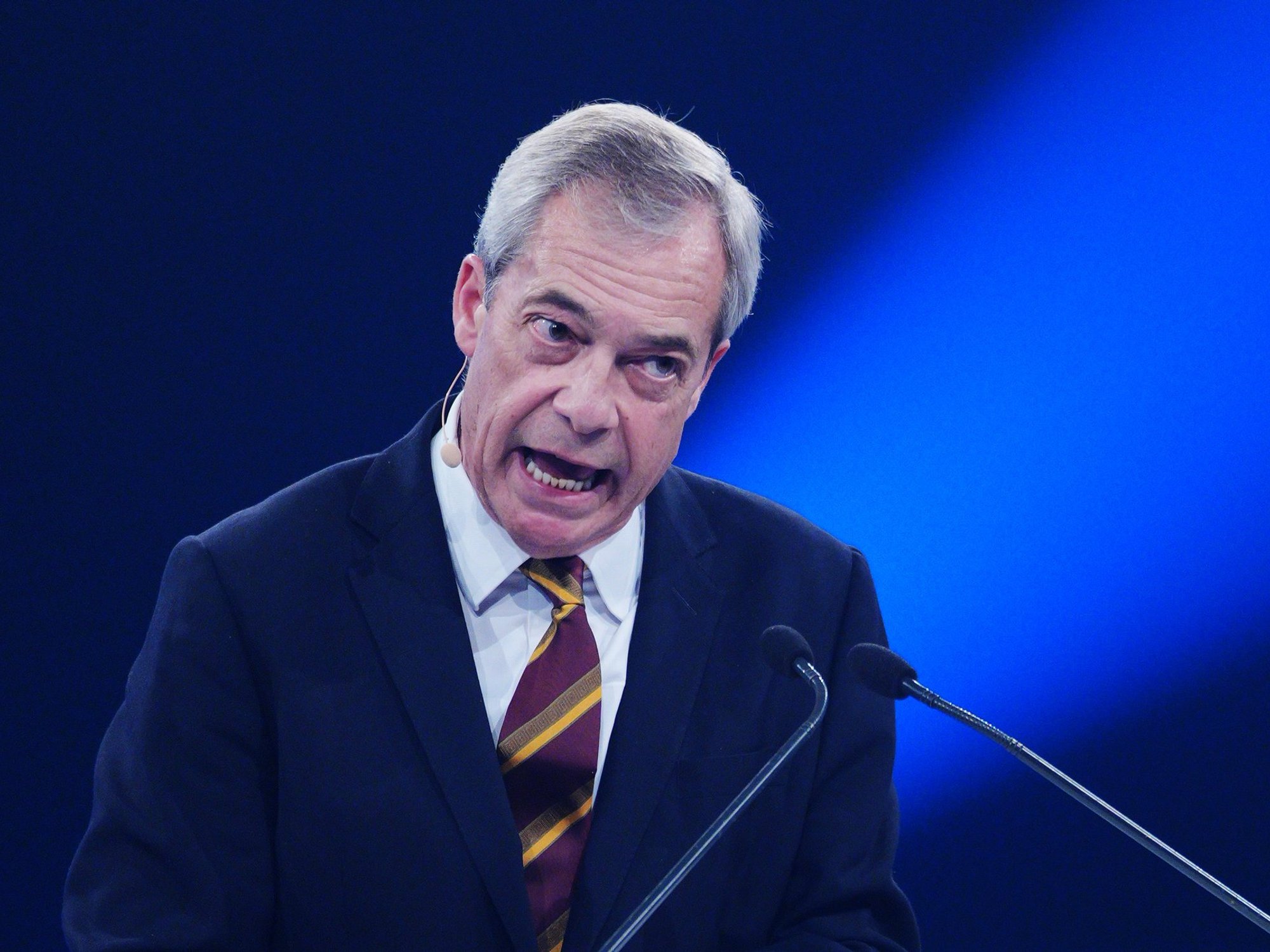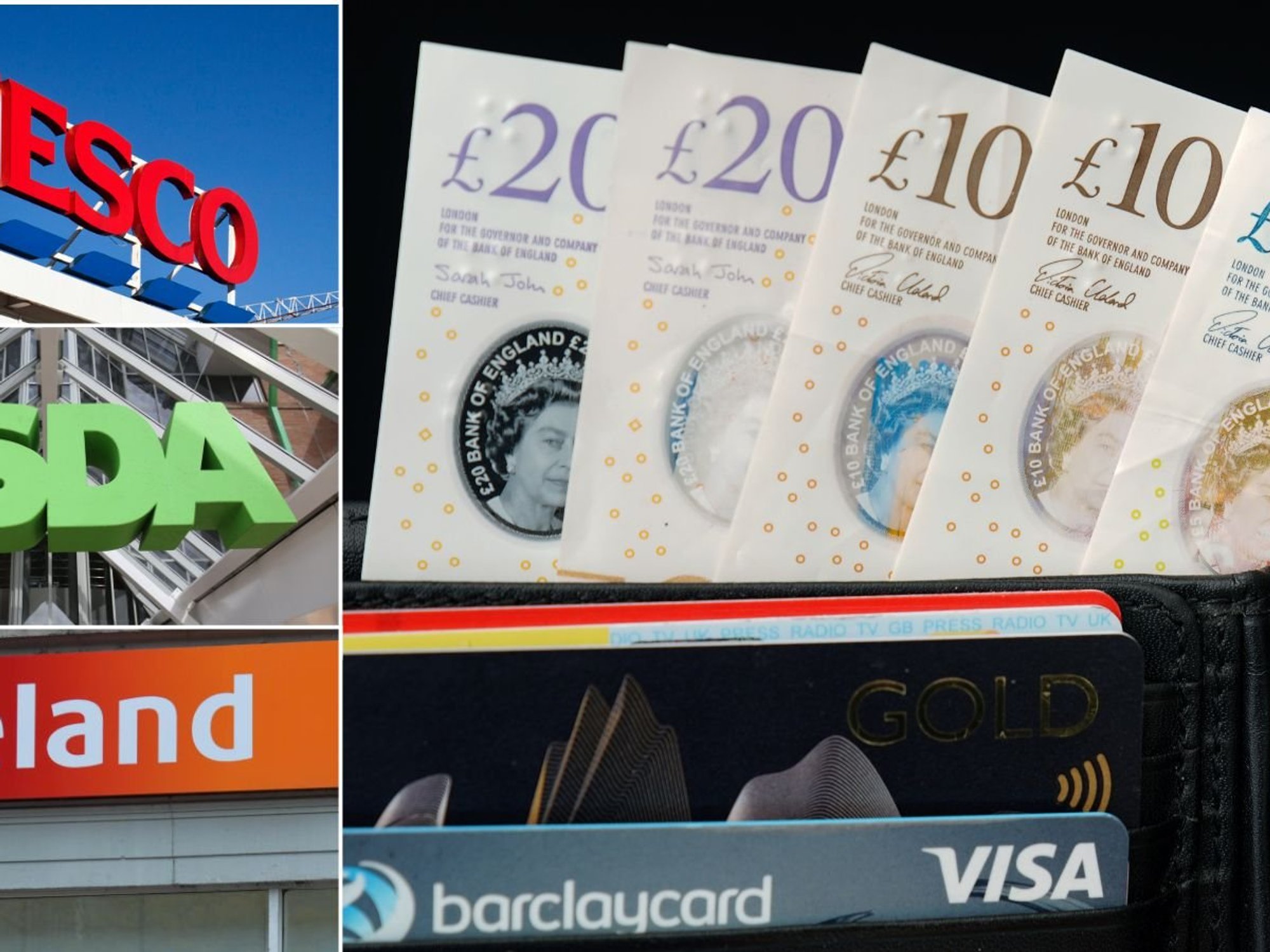Pensioners at risk of tax bill on state pension despite £800 triple lock boost

State pension payments rise every year under the triple lock but this could inadvertently raise peoples’ tax liability
Don't Miss
Most Read
Older Britons are set to be over £800 a year better off following the state pension triple lock increase this week, new research has found.
However, experts are warning pensioners to be wary of fiscal drag which could see households pay more tax on their retirement income.
Analysis from Standard Life has examined how state pension would have been raised if they were uprated by inflation alone versus the triple lock over the last three years.
Since 2012, the retirement benefit’s payment rate has increased in line with the triple lock which means it goes up by the highest out of the rate of inflation, average earnings or 2.5 per cent.
Older households are preparing for a bumper rate hike thanks to average wages in the three months to July 2023 rising by 8.5 per cent.
As such, the new state pension for those receiving the full amount will increase to £11,502 a year, while the full basic (old) state pension will reach £8,814 annually.
Do you have a money story you’d like to share? Get in touch by emailing money@gbnews.uk.

Pensioners could pay tax on their retirement income for the first time ever
|GETTY
If the payments were linked to inflation alone, the basic state pension would be £7,826 and the new state pension would be £10,673, the research found.
This means that, compared to the state pension increasing solely by inflation, recipients of the old state pension will be £988 better off a year once the triple lock increase is applied this month, while those on the new state pension will be £829 better off.
However, many pensioners risk paying tax on their retirement income for the first time due to fiscal drag.
This occurs when tax allowances remain at the same level while incomes rise. Taxpayers face being pulled into higher tax brackets as a result.
While the full new state pension amount is lower than the personal allowance of £12,570, Britons with other retirement income risk being dragged into paying tax on their pensions for the first time this year.
Dean Butler, the managing director for Retail at Standard Life, described this week’s triple lock boost to state pension payments as “welcome news” for older Britons.
However, he also acknowledged the 8.5 per cent payment hike will reignite concerns over the retirement benefit’s affordability and could increase the tax burden on those most vulnerable in society.
He explained: “It’s also important pensioners are aware of the potential tax implications, with the personal allowance set to be frozen until 2028.
“The personal allowance has remained flat in recent years and will gradually be bringing more and more people into the tax system as result – including pensioners with only very low incomes above the state pension.”
Despite this, the retirement expert highlighted “there are a few steps” pensioners can take to reduced their tax liability.
LATEST DEVELOPMENTS:

Pensioner households have been £800 better off over the last three years thanks to the triple lock
| GETTYMr Butler added: “While 25 per cent of pension savings can be withdrawn tax free, the remainder can be taxed.
“For those incomes hovering around the personal allowance, it's worth ensuring they’re not taking bigger lump sums on which they might pay tax if they can be avoided.
“If they do have any ISA savings these are not subject to income tax so could be useful source of additional income.”
The triple lock payment hike will be applied to peoples’ state pensions later this month.











